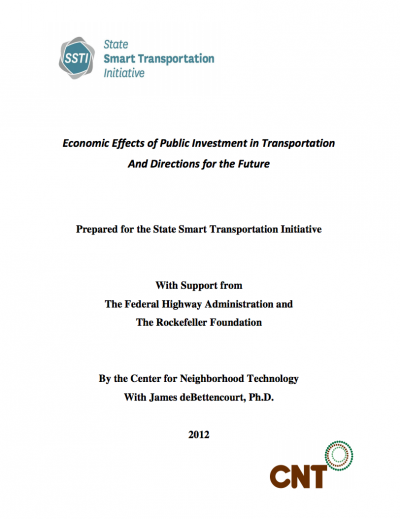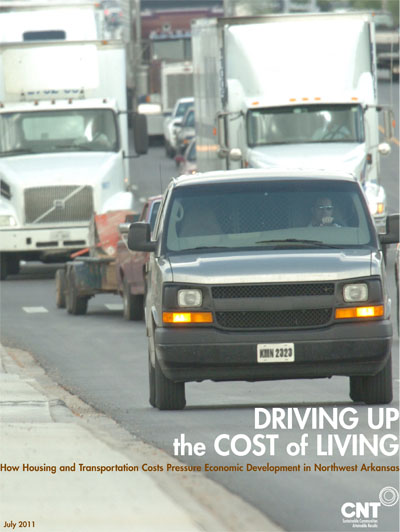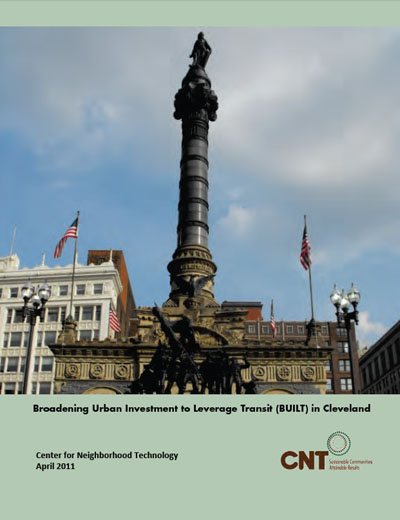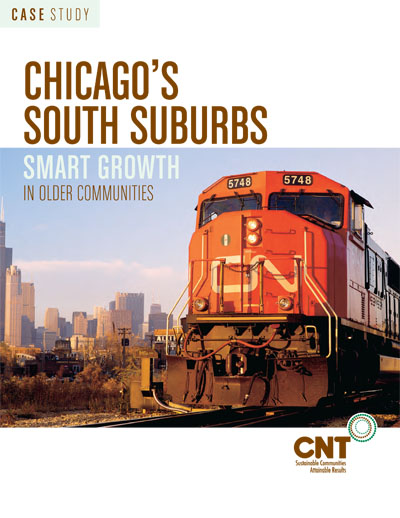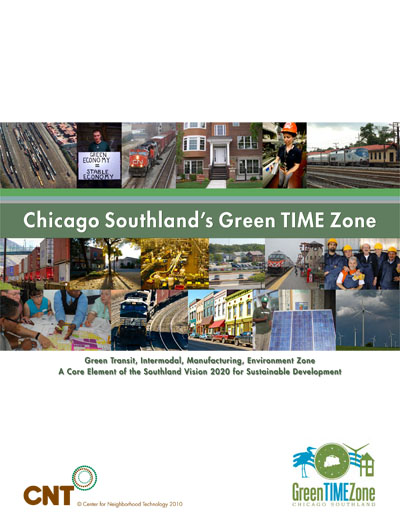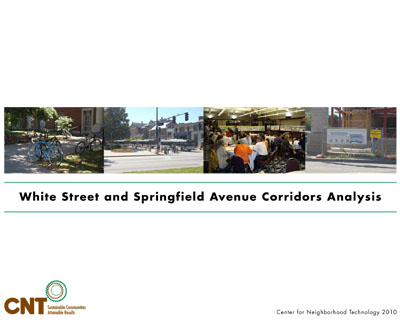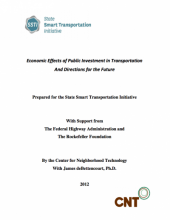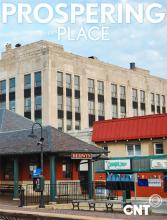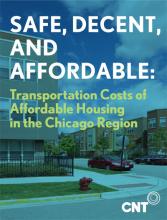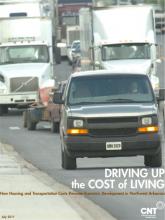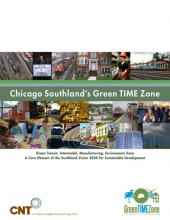This report, written by CNT for the State Smart Transportation Initiative (SSTI), examines current economic analysis practices in state Departments of Transportation (DOTs) through examples in nine state transportation agencies and an extensive literature review. For additional understanding of the...Read more
Our Work
Topic: Equitable Transit Oriented Development
Displaying 61 - 70 of 96Publication
topics: Cargo-Oriented Development, Equitable Transit Oriented Development, Sustainable Economic Development, Transportation
This report, written by CNT for the State Smart Transportation Initiative (SSTI), examines current economic analysis practices in state Departments of Transportation (DOTs) through examples in nine state transportation agencies and an extensive literature review. For additional understanding of the...
Publication
topics: Cargo-Oriented Development, Equitable Transit Oriented Development, Sustainable Economic Development, Transportation
A call to action that embraces the goals of the Chicago region’s GO TO 2040 plan and translates them into a place-based blueprint for prosperity. It shows how to restore location efficiency and create new jobs and economic vitality based on the region’s unique assets and advantages.
Publication
topics: Equitable Transit Oriented Development, Housing, Transportation
CNT applied the H+T Index to 248 multifamily properties financed by the Illinois Housing Development Authority (IHDA) from 2001-2008 in the Chicago region. The study reveals the average transportation costs in these locations and measures the degree to which residents enjoyed access to local...
Publication
topics: Equitable Transit Oriented Development, Housing, Sustainable Economic Development, Transportation
This report examines the state of housing, transportation, and job access in Northwest Arkansas, which includes the four core cities of Bentonville, Fayetteville, Springdale, and Rogers. The analysis is supplemented by findings from 23 interviews of business leaders, elected officials, municipal...
Publication
topics: Equitable Transit Oriented Development, Housing
This study, written by CNT for the District of Columbia’s Office of Planning, customizes CNT’s H+T Index with localized data to examine how neighborhood characteristics across the region affect household transportation costs.
Publication
topics: Cargo-Oriented Development, Equitable Transit Oriented Development, Policy, Sustainable Economic Development, Transportation
The effects of unemployment, rising gas costs, and economic uncertainty have pushed household budgets to their limits. Now, more than ever, the state’s infrastructure investments must bolster the economy and save its residents money. This report presents a policy blueprint to make these...
Publication
topics: Cargo-Oriented Development, Equitable Transit Oriented Development, Sustainable Economic Development, Transportation
This case study tracks CNT’s work in Blue Island and Harvey and discusses the regional partnerships that developed and attracted public funding for predevelopment; eventually creating a pipeline of viable projects that has drawn the attention of developers and investors across several states.
Publication
topics: Cargo-Oriented Development, Equitable Transit Oriented Development, Policy, Sustainable Economic Development, Transportation
The Green Transit, Intermodal, Manufacturing, Environment Zone (Green TIME Zone) is a core element of the Southland Vision 2020 for Sustainable Development.
Publication
topics: Data Analysis, Equitable Transit Oriented Development, Technical Assistance, Transportation
Designed as a user-friendly tool that gives interested people around the country the ability to evaluate the performance of the transit zones in their neighborhoods and towns.
Publication
topics: Equitable Transit Oriented Development, Transportation
Conducted as part of the multi-phase miPLAN’s Transportation Study, Champaign-Urbana Urbanized Area Transportation Study (CUUATS) – the transportation entity of the Champaign Regional Planning Commission (CCRPC), which completed its Long Range Transportation Plan 2025 in 2005.




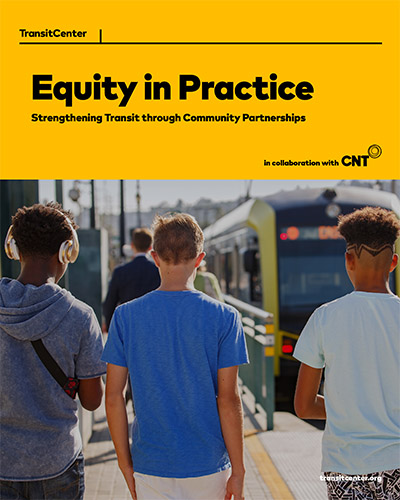
 Strengthening Transit Through Community Partnerships
Strengthening Transit Through Community Partnerships